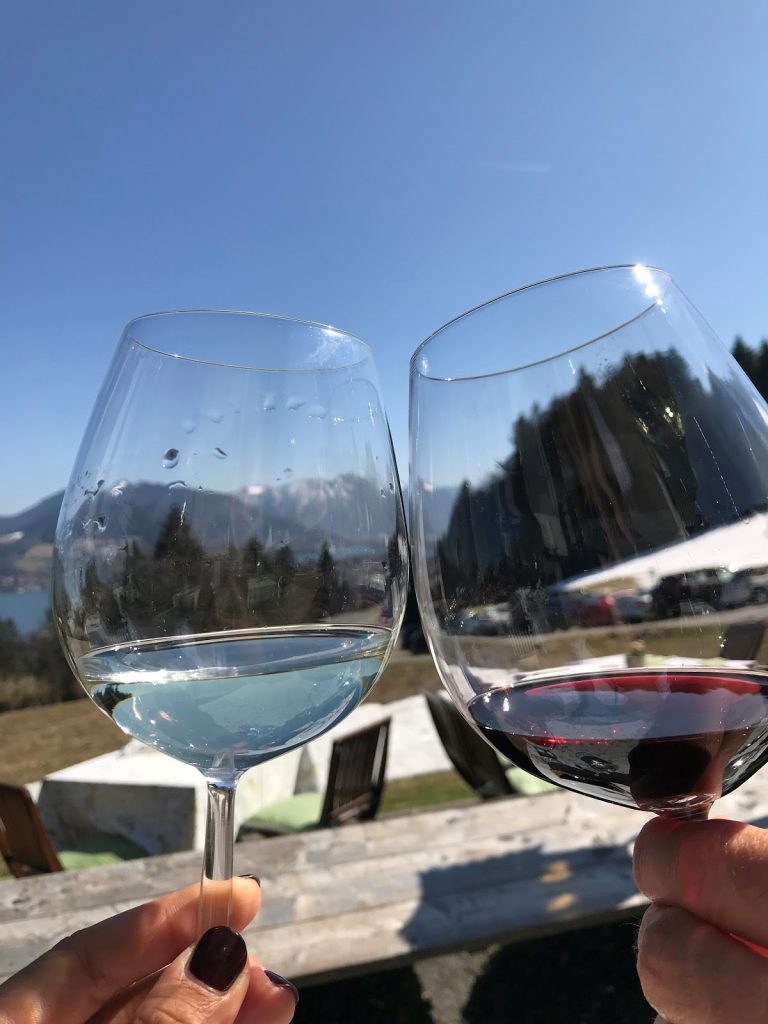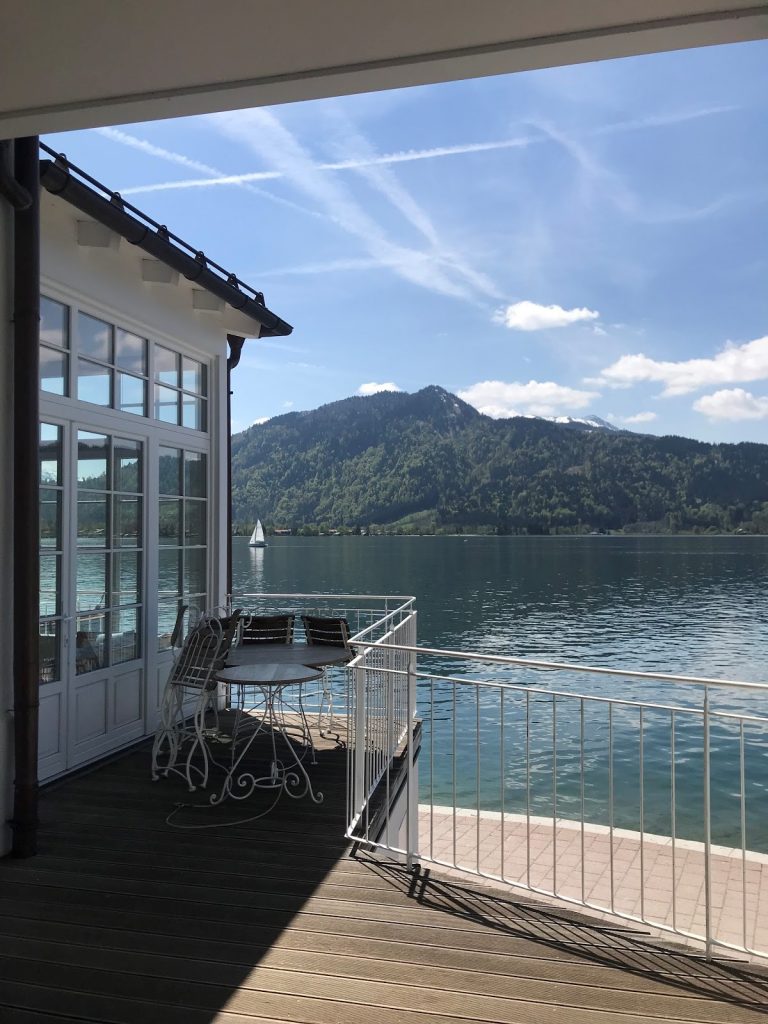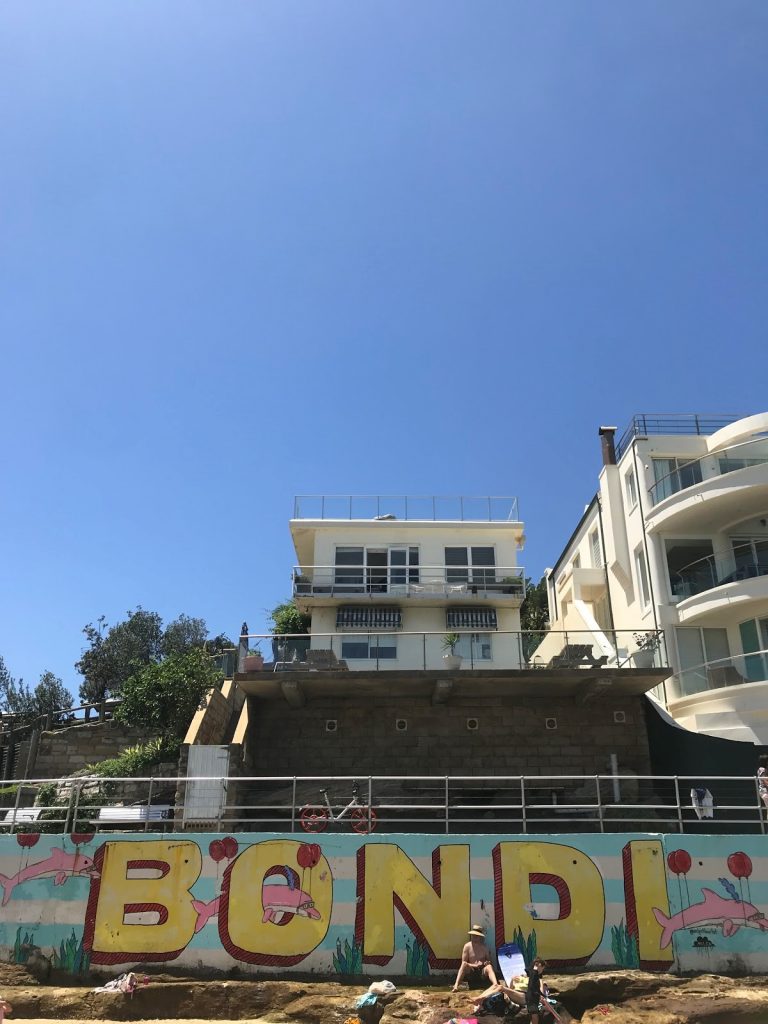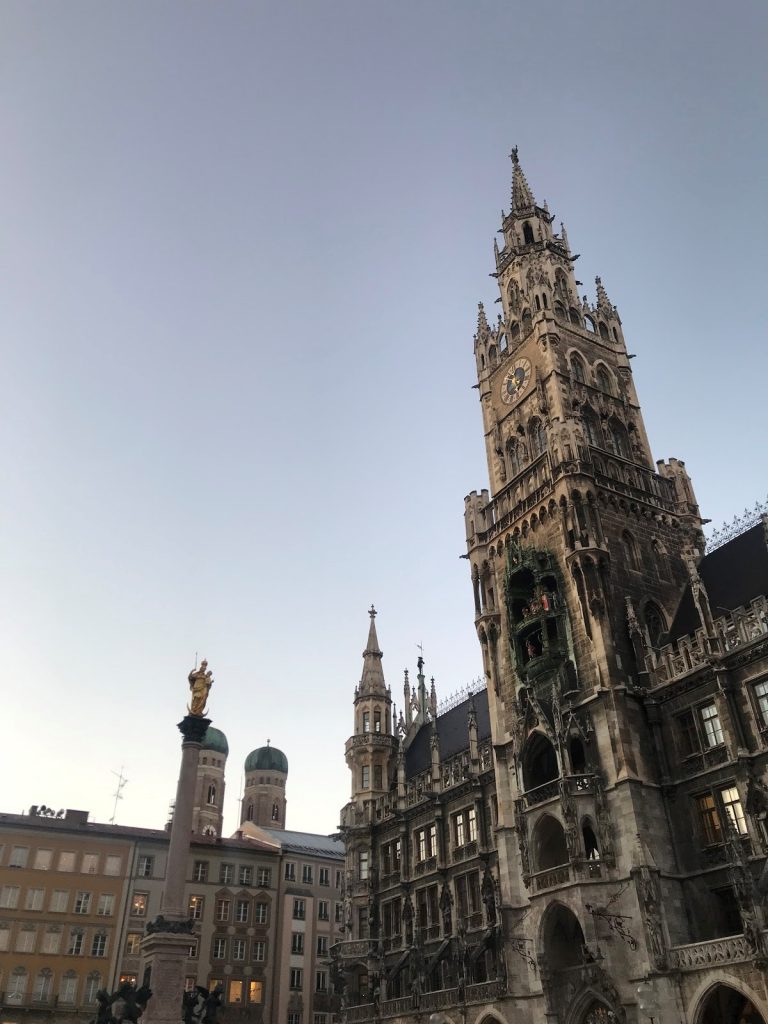Thank you for following my journey of beginners German. As today is my last day I wanted to share one of my favourite and new found words, English doesn’t even have a word for it. It’s Der Feierabend. In a literal sense it means “celebration afternoon” but it’s actually used to state that it’s the end of the working day. Which is why I love the term so much as the word itself is such a clever combination. So in a figurative sense it means “it’s closing time” and is only used for employees. You would commonly hear the phrase “Wann hast du Feierabend?”. So on that note, as my blog comes to an end I’d like to wish you great success in your German learning journey. Schönen Feierabend and maybe we will cross paths at other German lessons in Munich, in the hallways of Deutsch Akademie

April









